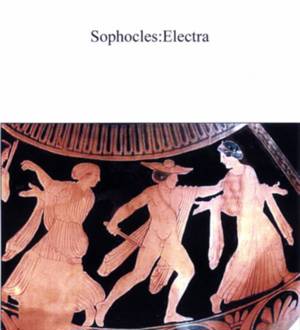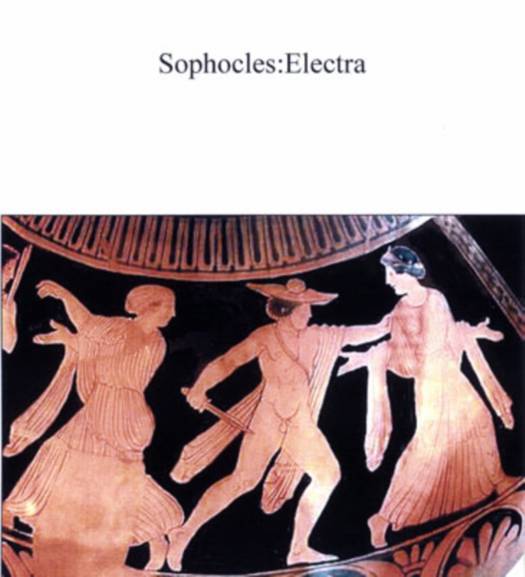
Bedankt voor het vertrouwen het afgelopen jaar! Om jou te bedanken bieden we GRATIS verzending (in België) aan op alles gedurende de hele maand januari.
- Afhalen na 1 uur in een winkel met voorraad
- In januari gratis thuislevering in België
- Ruim aanbod met 7 miljoen producten
Bedankt voor het vertrouwen het afgelopen jaar! Om jou te bedanken bieden we GRATIS verzending (in België) aan op alles gedurende de hele maand januari.
- Afhalen na 1 uur in een winkel met voorraad
- In januari gratis thuislevering in België
- Ruim aanbod met 7 miljoen producten
Zoeken
€ 59,45
+ 118 punten
Omschrijving
Sophocles' Electra deals with the famous story of Orestes' vengeance on his mother Clytemnestra for her murder of his father Agamemnon. This book discusses whether the matricide is a just and final act of violence, or whether Sophocles ironically implies that it is more problematic than it seems. Electra is notable among Sophocles' plays for the prominent part played in it by female characters, and especially the heroic resistance and suffering of Orestes' sister Electra. The book pays particular attention to the portrayal of Electra herself, but also discusses wider issues of dramatic characterisation and Greek ethics. Sophocles is one of the greatest masters of the medium in the history of theatre, and the book explains the formal conventions of Greek tragedy and examines various aspects of his skill as a dramatist. The book concludes with an examination of later adaptations of the play, of which the most important is that by Hugo von Hofmannsthal (1903), a study in extreme psychology which he adapted to form the libretto for Richard Strauss's opera Elektra.
Specificaties
Betrokkenen
- Auteur(s):
- Uitgeverij:
Inhoud
- Aantal bladzijden:
- 144
- Taal:
- Engels
- Reeks:
Eigenschappen
- Productcode (EAN):
- 9780715632802
- Verschijningsdatum:
- 23/06/2005
- Uitvoering:
- Paperback
- Formaat:
- Trade paperback (VS)
- Afmetingen:
- 135 mm x 215 mm
- Gewicht:
- 204 g

Alleen bij Standaard Boekhandel
+ 118 punten op je klantenkaart van Standaard Boekhandel
Beoordelingen
We publiceren alleen reviews die voldoen aan de voorwaarden voor reviews. Bekijk onze voorwaarden voor reviews.









